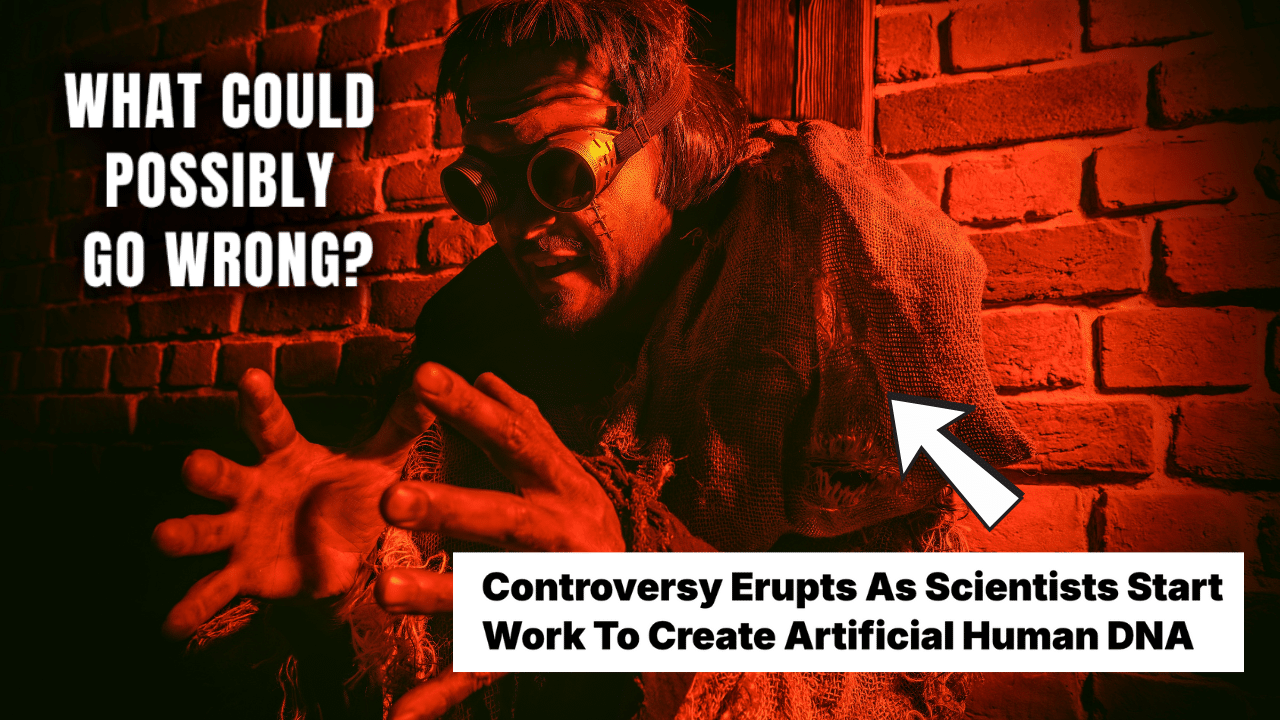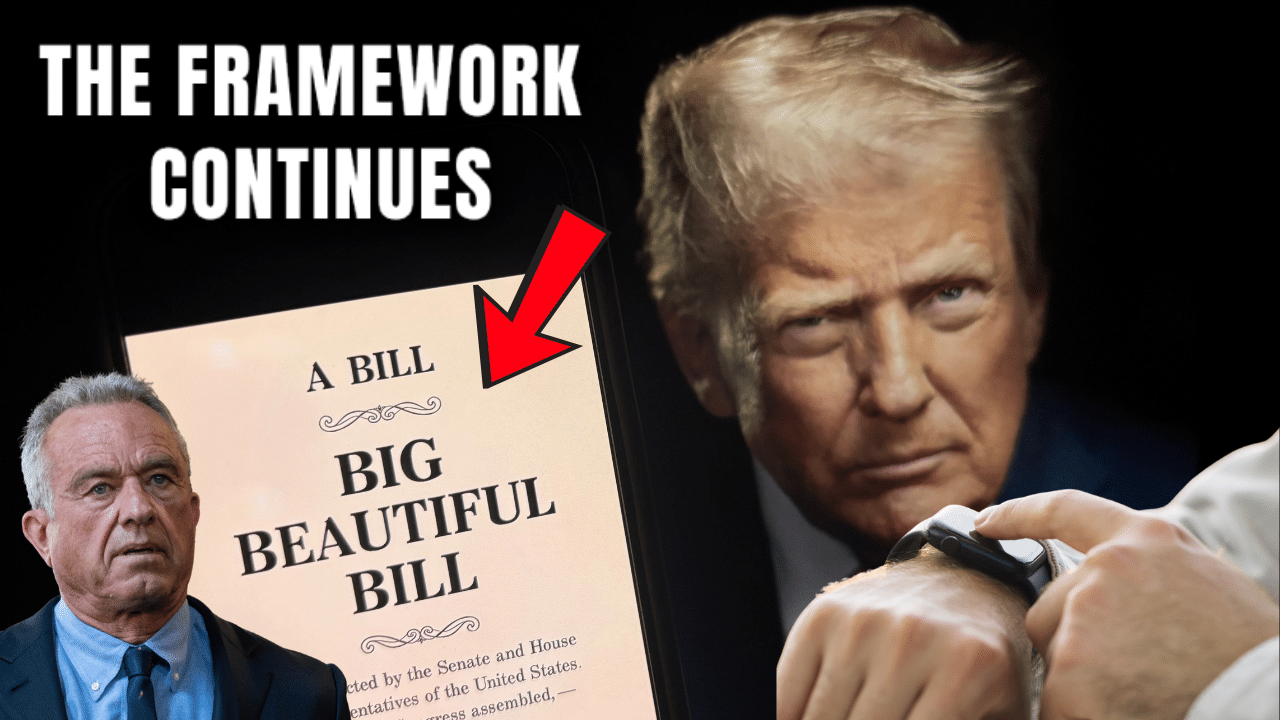A wave of discussion erupted across social media following reports that the mayor of Paterson, New Jersey, declared the city the “capital of Palestine” in a fiery speech.
The announcement, which has drawn both praise and outrage, highlights Paterson’s growing Palestinian community and raises questions about the implications of such a symbolic gesture in an American city.
According to posts found on X, the declaration came during a public address by Paterson Mayor Andre Sayegh, who reportedly emphasized the city’s significant Palestinian population.
Paterson, often referred to as “Little Ramallah,” has become a hub for Palestinian Americans, with Arabic signage and Palestinian flags lining its streets.
The New York Post reported on the event, framing the mayor’s speech as a bold statement of solidarity with the Palestinian cause.
The outlet noted that Sayegh’s remarks were met with enthusiasm from some local residents but sparked immediate backlash from others who viewed the declaration as divisive or inappropriate for a U.S. municipal leader.
Details of the speech also surfaced through Fox News, which described the mayor’s tone as impassioned and highlighted the demographic context: Paterson boasts one of the largest Palestinian communities in the United States.
The article suggested that the declaration was more than symbolic, pointing to the city’s increasing cultural and political alignment with Palestinian identity.
However, the report also hinted at potential legal and diplomatic questions, though no specific challenges have yet been confirmed.
The Jerusalem Post offered a different angle, focusing on reactions from Jewish and pro-Israel groups who expressed concern over the statement.
The outlet quoted critics who argued that labeling an American city the “capital of Palestine” could inflame tensions, especially given the ongoing Israeli-Palestinian conflict.
The piece underscored Paterson’s diversity but questioned whether the mayor’s rhetoric risked alienating other communities in the city.
Meanwhile, Al Jazeera, reflecting a perspective sympathetic to Palestinian advocacy, portrayed the declaration as a historic moment of recognition for Paterson’s Palestinian diaspora.
The outlet emphasized the pride felt by residents who see the city as a safe haven and a place to preserve their heritage. It also noted that Sayegh’s speech included calls for justice and peace, though specifics of his policy intentions remain unclear.
The story remains inconclusive, as the full text of the speech has not been widely published, and reactions continue to unfold. Posts on X reveal a polarized public response: some users hailed the move as a courageous stand, while others decried it as an overreach by a local official.
The lack of primary documentation leaves room for skepticism about the exact wording and intent behind Sayegh’s statement.
Was this a formal designation, a rhetorical flourish, or something in between?
Without official transcripts or a response from the mayor’s office, speculation dominates the narrative.
Critically examining the establishment narrative, as reported by these outlets, reveals potential biases.
The New York Post and Fox News lean toward framing the event as controversial, possibly amplifying outrage to fit a broader political agenda.
Conversely, Al Jazeera may overstate the declaration’s significance to align with its audience’s sympathies.
The Jerusalem Post introduces a counterpoint but risks exaggerating opposition without concrete evidence of widespread backlash.
What’s clear is that Paterson’s evolving identity as a Palestinian enclave is at the heart of this story—whether the “capital” label sticks or fades into hyperbole.
As of now, the declaration appears to be a symbolic gesture rather than a legal or administrative change. Paterson remains a city in New Jersey, not a sovereign entity.
Yet, the mayor’s words have undeniably ignited a conversation about diaspora identity, local governance, and the limits of political expression in America’s melting pot.
Further developments—and perhaps a clarification from Sayegh himself—will determine whether this moment reshapes Paterson’s future or simply fades into the noise of 2025.










